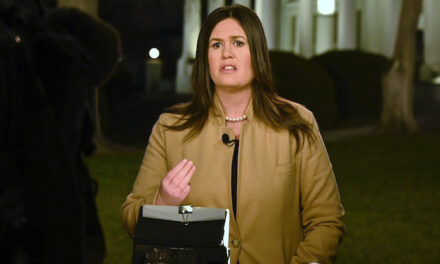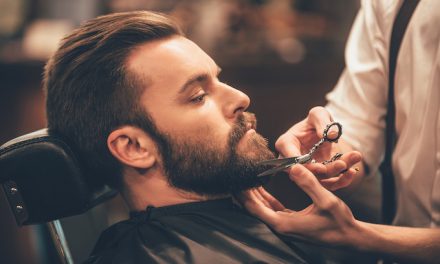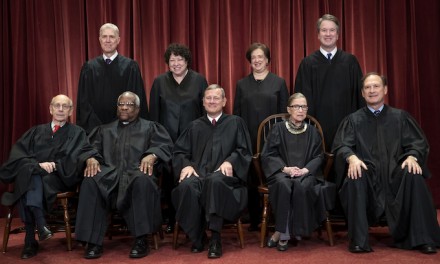Sunlight, heat and humidity may have a “powerful” impact on killing the coronavirus within one or two minutes, a Department of Homeland Security official said on Thursday.
Increasing temperatures, humidity and sunlight are detrimental to coronavirus saliva droplets on surfaces and in the air, Homeland Security official William Bryan reported at a White House press conference.
President Trump said of the emerging results, “The whole concept of the light, the way it kills it in one minute, that’s pretty powerful.”
Trump said, “We want ideas to get rid of this thing, and if heat is good and if sunlight is good, that’s a great thing as far as I’m concerned.”
“This is just another tool in our tool belt,” Bryan said. “Another weapon in the fight that we can add to … . We know that summer-like conditions are going to create an environment where the transmission can be decreased, and that’s an opportunity for us to get ahead.”
These weather factors shorten the virus’s life and danger, he said. The virus dies fastest under direct sunlight, he said.
“Our most striking observation to date is the powerful effect that solar light appears to have on killing the virus, both on surfaces and in the air,” Bryan said. “We have seen a similar effect with both temperature and humidity as well, where increasing the temperature and humidity or both is generally less favorable to the virus.”
The half-life of the virus in the summer sun would be about two minutes on surfaces, and 1.5 minutes in the air, he said.
The coronavirus survives better inside and in dry environments, said Bryan who noted they started testing the virus in February.
“While there are many unknown links in the COVID-19 transmission chain, we believe these trends can support practical decision-making to lower the risks associated with the virus,” Bryan said.
Related Story – Media erupt over Trump comments on disinfectant and sunlight to cure coronavirus
Sunlight and fresh air kill the virus off faster than darkness and indoor environments
The scientists have confirmed what all of us already knew
Maybe open the parks and public spaces up, politicians
— Buck Sexton (@BuckSexton) April 23, 2020
Everyone already knew except CNN’s Jim Acosta.
Birx disagrees on sunlight as a treatment for the virus: “not as a treatment.” Again top government doctor disagrees with Trump’s scientific ideas at briefing.
— Jim Acosta (@Acosta) April 23, 2020
She said she hadn't heard of it used as a treatment. Trump asked if it could be… it was a fucking question, not a disagreement. Sheesh, can you listen instead of trying to dunk?
— 38 Percenter (@DewayneSpell) April 23, 2020
Those applications include increasing temperatures and humidity in potentially contaminated indoor spaces, and possibly moving activities outside because sunlight impedes the virus transmission.
They’re also testing disinfectants, including bleach and isopropyl alcohol. Bleach kills the virus in five minutes, and isopropyl alcohol kills the virus in 30 seconds, Bryan said.
___
(c)2020 the Boston Herald
Visit the Boston Herald at www.bostonherald.com
Distributed by Tribune Content Agency, LLC.
—-
This content is published through a licensing agreement with Acquire Media using its NewsEdge technology.



















Recent Comments